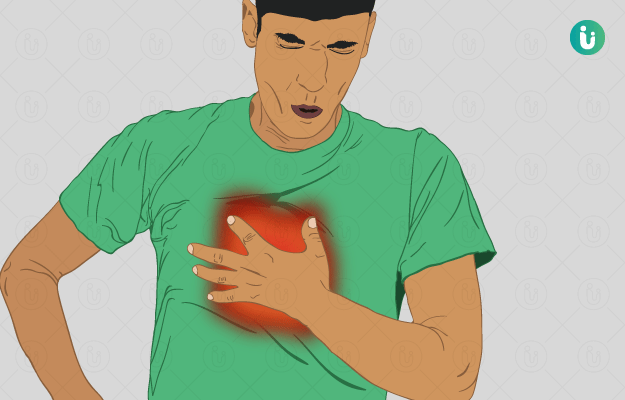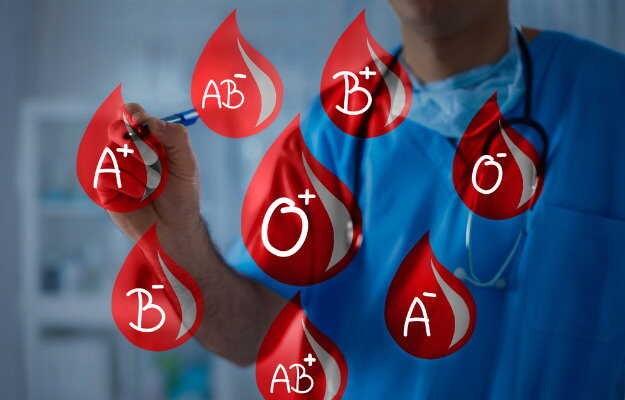Summary
Often, we mistake the term ‘Heartburn’ as a disorder or a problem related to the heart. But, in fact, heartburn, also known as 'Pyrosis' in medical terms, is a disorder of the oesophagus (food pipe). It is not a disease but is one of the major symptoms pertaining to any abnormality in the functioning of the food pipe (oesophagus) and subsequent digestive tract (gastrointestinal tract). Heartburn is the most common symptom of GERD (Gastro-Oesophageal Reflux Disease). It is felt as a burning feeling in the chest region. Commonly, it is known as acidity or hyperacidity. Treatment includes taking appropriate medicines along with modifications in lifestyle and diet.

 Doctors for Heartburn
Doctors for Heartburn  OTC Medicines for Heartburn
OTC Medicines for Heartburn
 Heartburn articles
Heartburn articles

 Diet for Heartburn
Diet for Heartburn
 Homeopathic Treatment of Heartburn
Homeopathic Treatment of Heartburn

















 Dt. Akanksha Mishra
Dt. Akanksha Mishra

 Dr. Rachita Narsaria
Dr. Rachita Narsaria

 Editorial Team
Editorial Team











